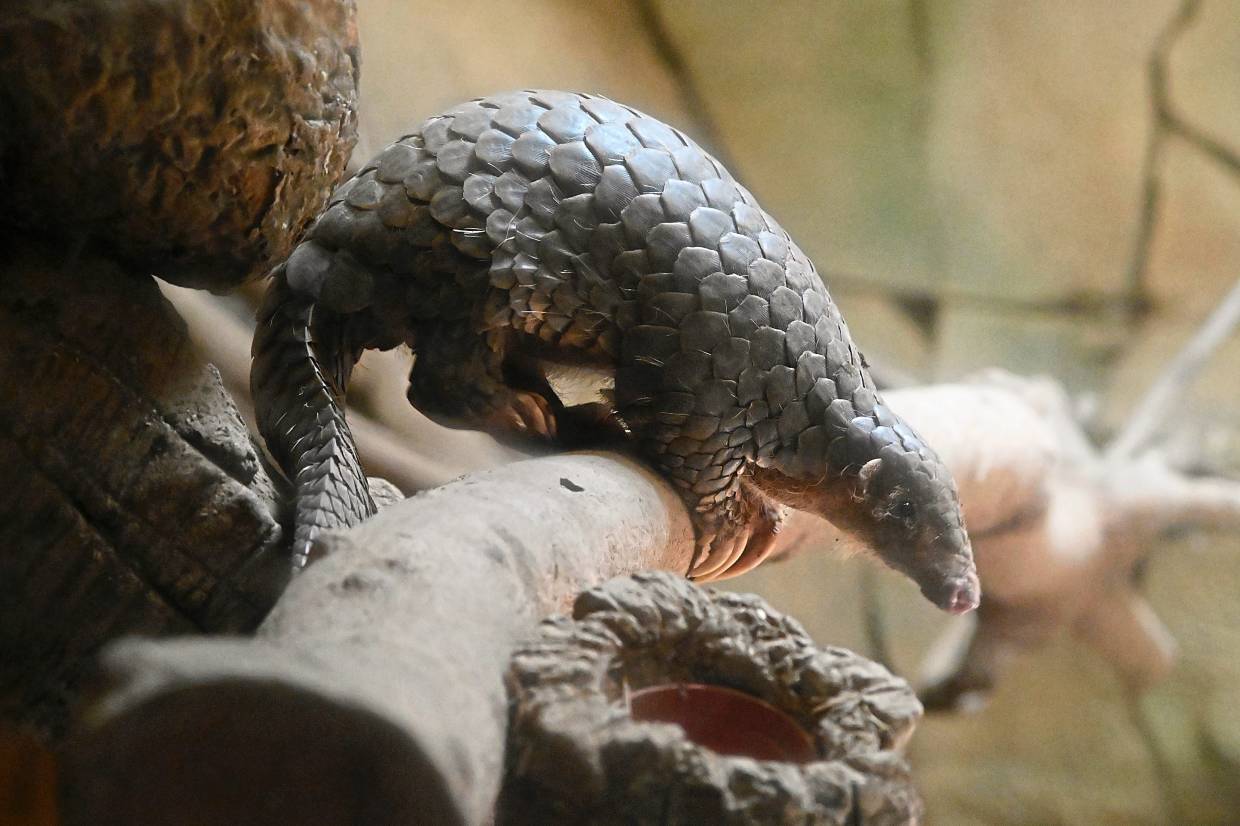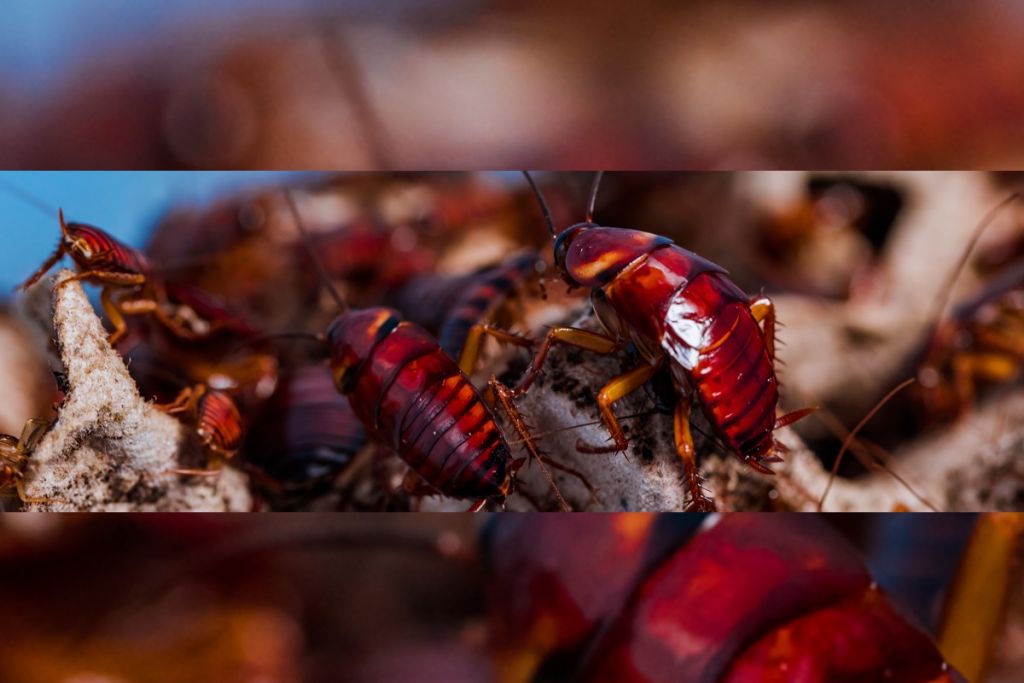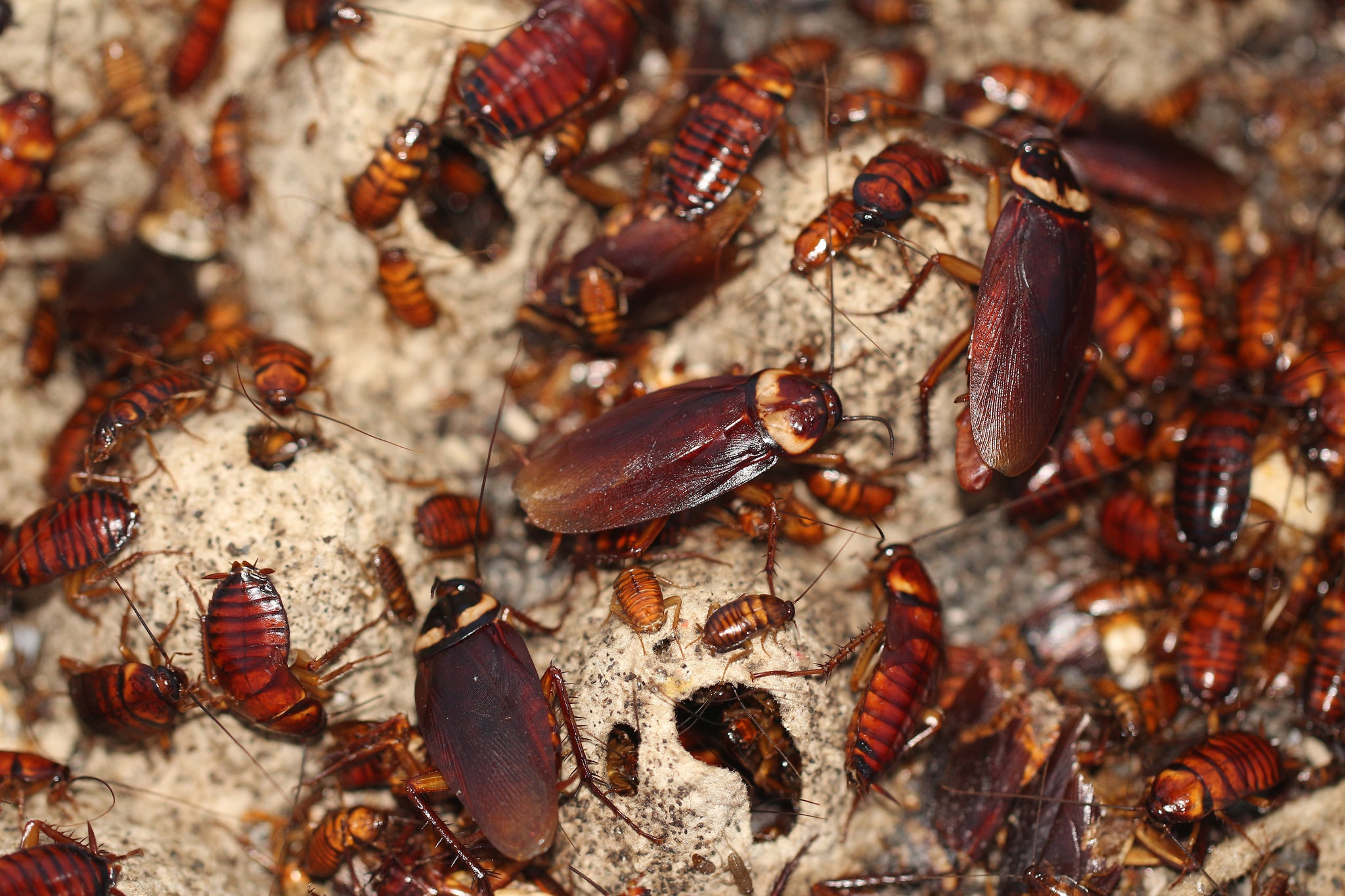
Likes
In the eyes of most young Chinese, wild animals are no longer associated with delicacies, nutrition or wealth like their elders used to believe. Instead, they think the eating habit is unhealthy, barbaric and even despicable.

Possible cause: According to some preliminary research, pangolins were suspected to have a connection with the coronavirus. — AFP
During the prolonged stay-at-home winter break due to the ongoing Covid-19 outbreak in China, Zhang Zilin, a 24-year-old woman in south China’s Shenzhen, felt obliged to take action.
Zhang invested a lot of her spare time in writing and editing articles on her WeChat public account, sharing with her followers three times a week ideas about animal protection.
The intermediate host of the virus has not been determined yet, but many experts said wild animals are the most probable source of the epidemic, which reminded people of the SARS outbreak in 2003.
“No one wished for an epidemic like this. But it did help to steer the public’s attention to the subject, ” Zhang said.
Over 30 young Chinese with different professional backgrounds publish articles on her WeChat account. They try to offer varied perspectives and trigger diversified thinking among their readers.
“We can see very different opinions, even disputes from readers on the message board, which is very precious. Seeking common ground while reserving differences can make all of us rethink what is a better way to get along with nature, ” she said.
“Wild animals are friends of human beings and defenders of the balance of the ecosystem. Human beings should be in awe of wild animals, resist illegally killing wild animals, and live in peace with them instead of being superior to them, ” said Wu Shibao, a professor with South China Normal University.
Wu is a pangolin panellist of the International Union For Conservation of Nature, and a strong advocate for upgrading the protection of the pangolin to the highest level in China.
According to some preliminary research, pangolins were suspected to have a connection with the coronavirus.
At Monday’s bimonthly session of the National People’s Congress Standing Committee, China’s top legislature decided to thoroughly ban illegal wildlife trade and eliminate the bad habits of eating wild animals.
Shenzhen has gone even further to issue a “white list” of only a dozen edible animals, expanding the ban to other non-protected animals.
“It’s a very big step for Shenzhen to exclude cats and dogs from the white list, ” said Qian Yefang, professor at the College of Law and Political Science of Zhejiang Sci-Tech University.
Source: http://www.xinhuanet.com/english/2020-02/28/c_138827782.htm
Original title: "China Focus: Young generation assumes bigger role in wildlife protection"
What to read next:









